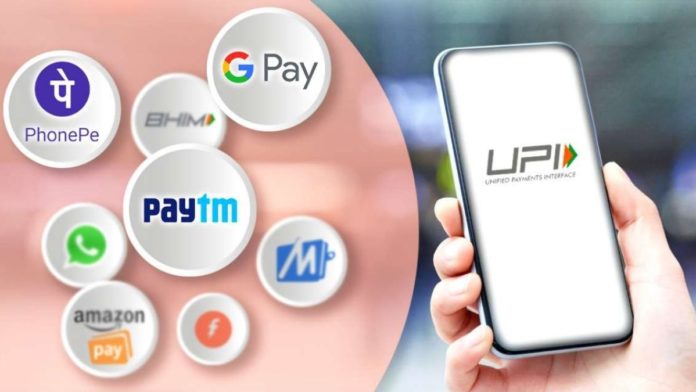Few payment gateways are opposing a notification by the government by charging vendors a fee for enabling and utilizing the Unified Payments Interface (UPI) and RuPay cards.
The Central Board of Direct Taxes (CBDT) has questioned the specialist providers on their position concerning charges for UPI and RuPay card exchanges.
In August 2020, the CBDT has guided the banks to refund any charges collected for payments using RuPay or UPI.
According to a December 2019 warning, the government had assigned UPI and RuPay as recommended methods of payments against which charges can’t be forced by banks and service providers.
However, bankers have largely opposed this prohibition on charges citing the lack of compensation for those who provide the payment infrastructure.
A week ago, the Reserve Bank of India (RBI) had reported the formation of a fund for the advancement of payments foundation.
Nonetheless, the fund will be used to remunerate the individuals who rope in retail business people and other basic services in the north-eastern states and other small towns/communities.
Installment door specialist organizations accept that they can offer free administrations to small dealers yet they state that a major expense goes into processing payments made to large online merchants.
Banks believe that zero fees can slow down merchant acquisition but PayTM capitalized on this situation by incentivizing merchants to onboard them on its network.
The e-commerce company does not charge merchants for facilitating UPI and RuPay debit card payments online.
Banks are currently effectively upholding the expulsion of the ban on these charges as the Union Budget is set to be rolled out on 1 February.

